One of this country's most esteemed writers begins her first visit to Mississippi in Pass Christian, where she's met by many admirers of her work.
- story by Scott Naugle, photos by Ellis Anderson
As we spoke, in the distance behind her was the Pass Christian harbor and beyond that the expansiveness of the Gulf of Mexico, flat calm on the surface, mirror-like, an endless sea of possibilities. The breeze was warming, persistent.
Over her shoulder, several Sage bushes were in full bloom, flowering purple, deeply hued, and resilient to drought. To my eye, Oates was partially framed in purple, the color of magic and mystery. Virginia Woolf famously preferred to write with purple ink. Oates speaks carefully, fully considering each word. She’s pleasant and gracious. Her eyebrows slightly arch and the corners of her mouth move upward almost imperceptibly in response to a humorous aside. Small and lithe, Oates’ agility belies her eighty plus years. Her most recent collection of short fiction, “Beautiful Days: Stories,” was published in April to a chorus of positive reviews. In the second story in the collection, “Big Burnt,” two lovers are in peril, both physically and psychologically. After a day picnic on an uninhabited island, they are overcome in a ferocious thunderstorm while returning to the mainland in a small rented watercraft. “Directly overhead were flashes of lightning, vertical, terrifying, so close that the deafening thunder claps came almost instantaneously and she could not keep from whimpering aloud.”
Pass Christian Books has a limited number of signed copies of Oates' new books, Beautiful Days and Night Gaunts.
Much more than a story about a perilous boat trip, “Big Burnt” explores the mid-life desperation of a man and woman who have made compromises over the years and now question their choices.
If there is a recurring theme within “Beautiful Days: Stories,” it is the desperation of the human condition. When asked, Oates replied that the stories depict “psychological or domestic realism.” Through staging or setting in these stories, Oates reveals to the reader unvoiced nuances using physical details, step by step, creating interior spaces for the characters. As a story progresses, the carefully drawn details begin to suggest the psychological condition of a character. The details of the narrative, the pitch, the motions, all carry meaning within the story. “Ever more desperately she was bailing water. Like a frenzied automaton, bailing water…If she gave up she would crouch beside the man with shut eyes, pressing her hands over her ears, catatonic in terror,” continues the drama in “Big Burnt.” Earlier in the narrative, Oates described this character, Lisbeth Mueller,as, “Married too young, children at too young an age, two divorces, men who exploited her trusting nature, career missteps, misjudgments – how swiftly the years had gone.” Later in the story, the desperation of bailing water in a slowly sinking boat underscores with physical detail the perceived futility that Lisbeth has reached in her personal life, a life that may submerge and pull her under, “catatonic in terror.” Oates, among many other strengths, is a master of the subtext, seeding the reader’s imagination through micro-detailing of the physical environs.
It’s Saturday evening and Oates is preparing to read at the bookstore and coffeehouse in Pass Christian. While the expectation was that she may read from one of her two books released within the past few months, “Beautiful Days: Stories” or “Night Gaunts,” she instead reached for my copy of “Blonde,” published in 1999, a fictionalized re-imagining of the life of Marilyn Monroe.
Oates held the book delicately, carefully, as the work of art it is. Embarrassingly, my name was visibly on a blue sticker on the spine so as not to misplace the book among the hundred or more she signed that evening. With emotion and passion, she read, channeling Norma Jean Baker, the birth name of Monroe. As Oates held the book, attendees had a glimpse of a younger Oates on the rear dust jacket. Her deep, dark, sagacious eyes were unaged from the time of the photo, still searching, bright. Time appears to have not sullied her at all, the chin still firm and determined. Behind her, the Pass Christian Harbor and the area near shore where an experienced fisherman had drown several months ago, carried under by currents he did not anticipate.
There were many questions from the attendees. Afterward, she would remark to me that “all of the questions were intelligent.” Oates appeared to enjoy the interplay and dialogue with the admirers. She leaned toward them when responding.
From my vantage point beside her, en masse, as an organic unified body, the standing audience responded by leaning in to her with affection, respect, and gratitude for the work Oates has gifted them over the years. “I write from the heart, not the head,” Oates responded to a final question, unblinking, with the delicate lilt of a warming smile.
Editor's note: Fans of this column will note the absence of Carole McKellar, the avid reader and Bay resident who originated Bay Reads in the fall of 2014. She's relocated to Jackson. Although we miss Carole and husband/artist John McKellar greatly, we wish them well! We also wish to congratulate Jackson for its extreme good fortune.
However, we're proud to announce that Scott Naugle has taken the helm of the Bay Reads column. Scott is owner of Pass Christian Books, which sponsors this column and hosts many noteworthy literary events on the coast. He's also a seasoned writer, whose work has appeared in regional publications through the years. We're most excited to have him take on a greater role in the Shoofly Magazine! Comments are closed.
|
Categories
All
Archives
July 2024
|
Shoofly Magazine Partners
Our Shoofly Partners are local businesses and organizations who share our mission to enrich community life in Bay St. Louis, Waveland, Diamondhead and Pass Christian. These are limited in number to maximize visibility. Email us now to become a Shoofly Partner!

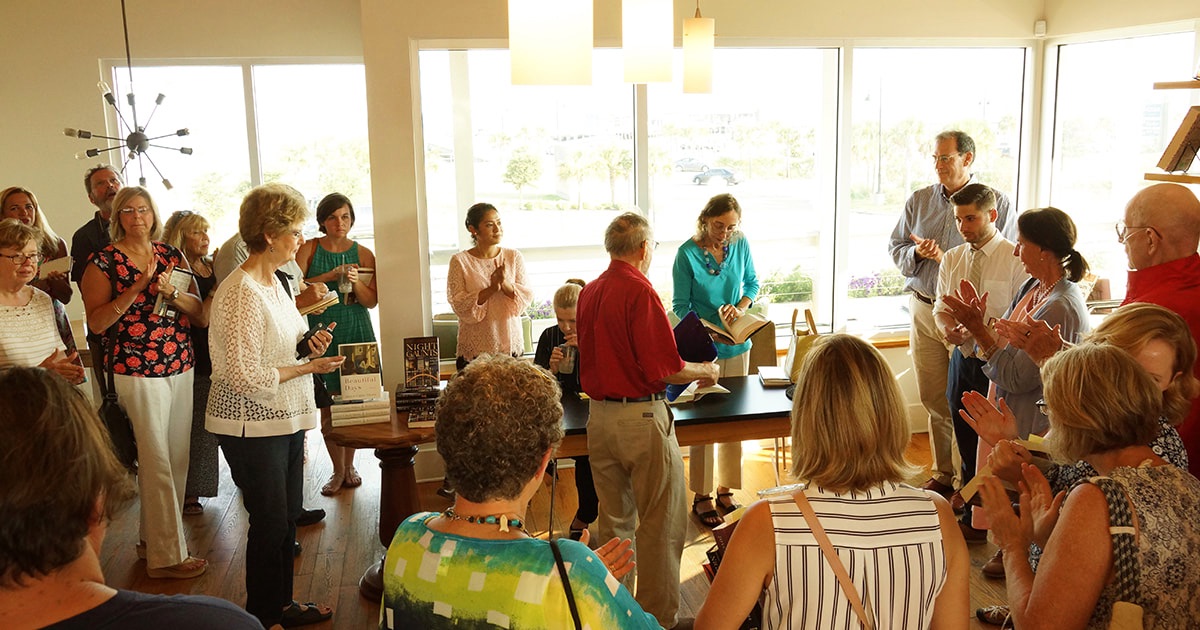



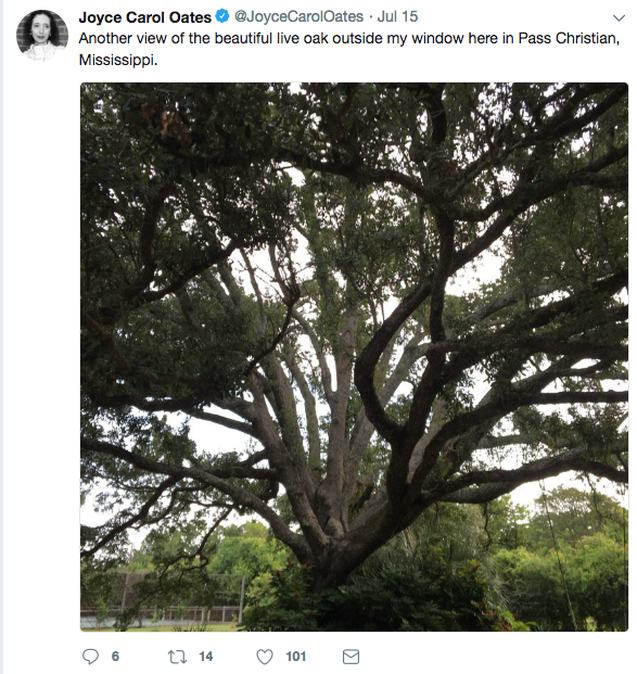
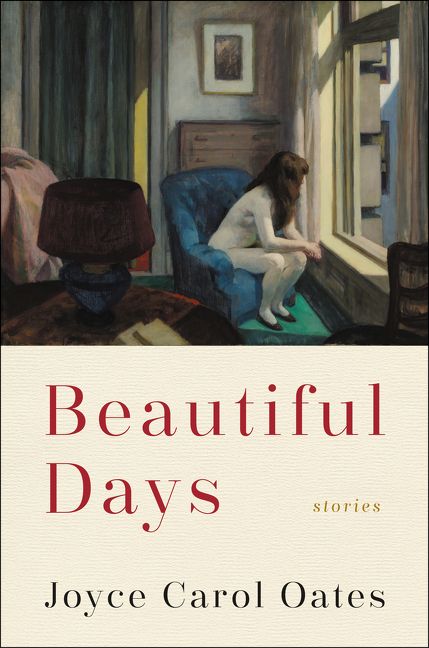
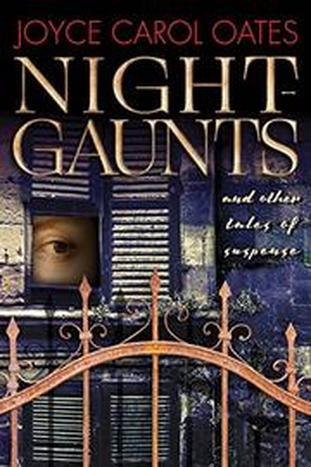
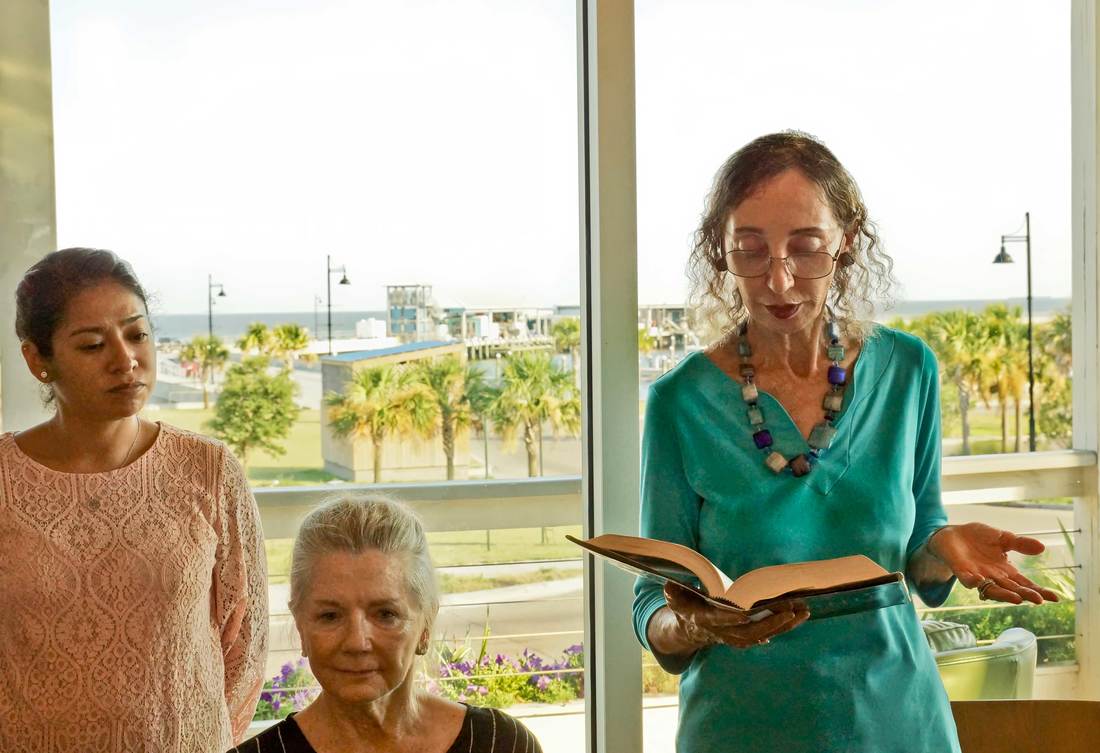
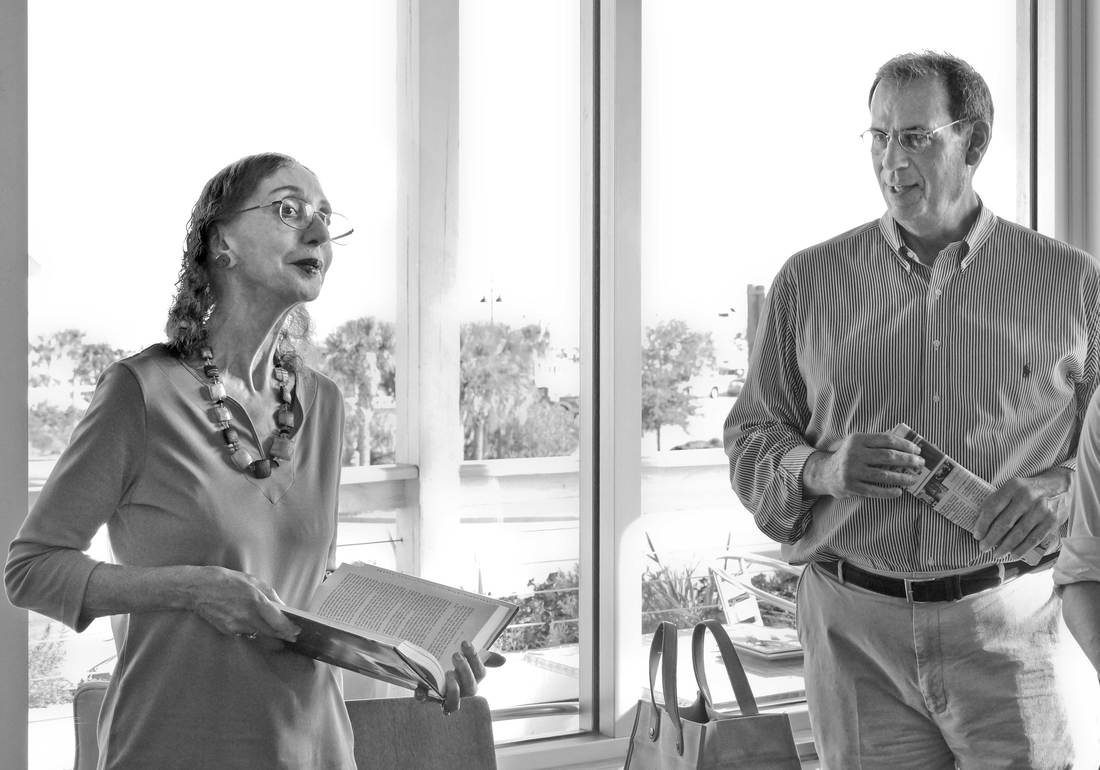
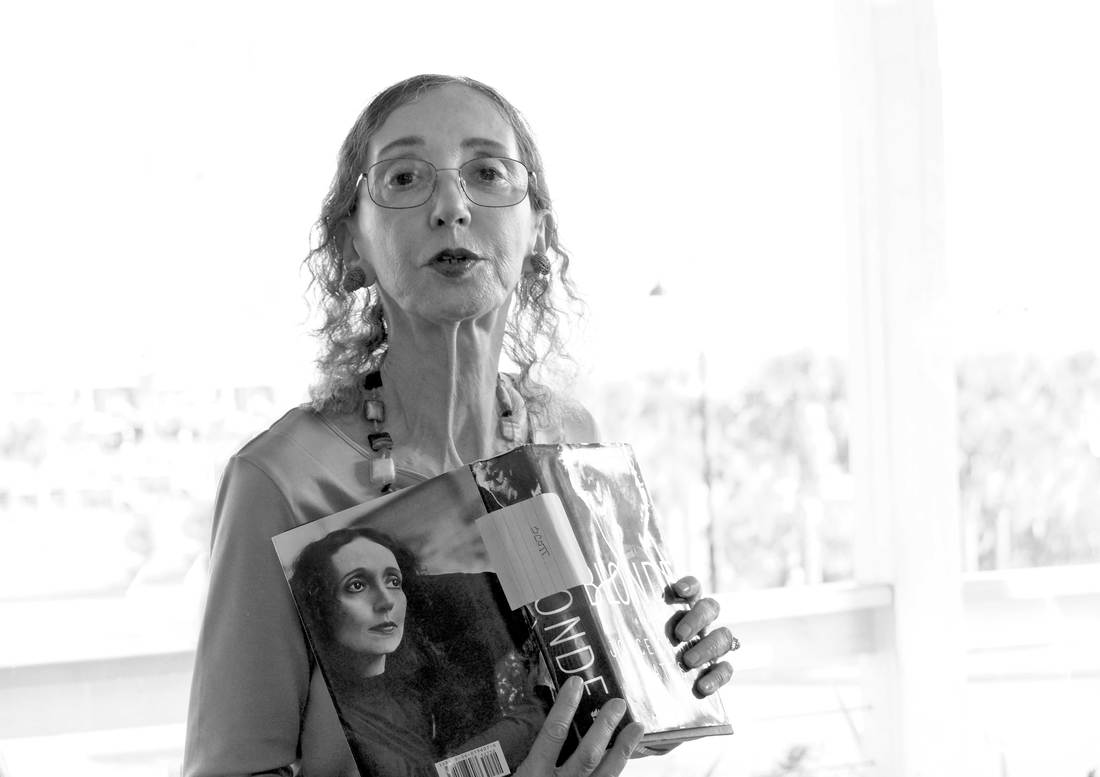
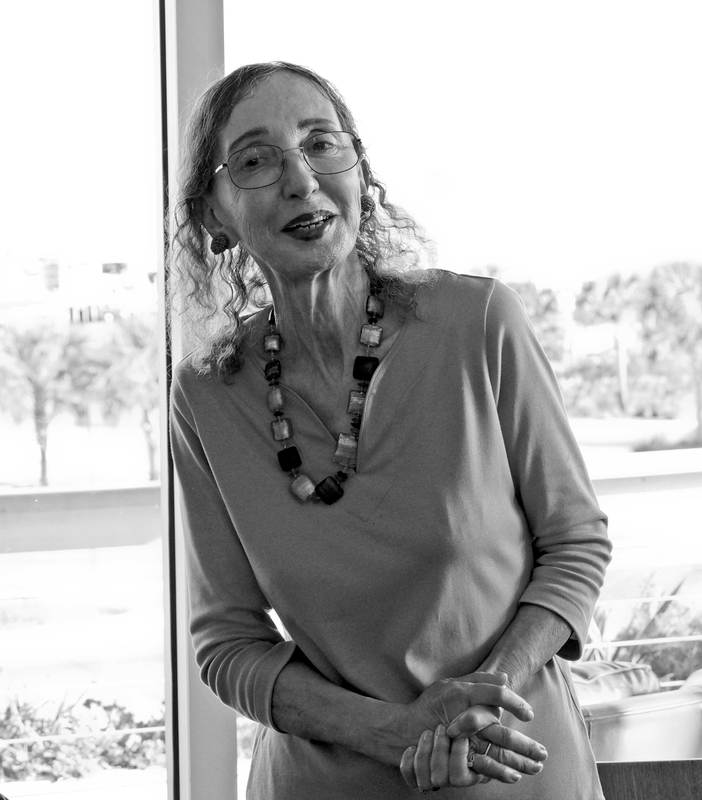

























 RSS Feed
RSS Feed























